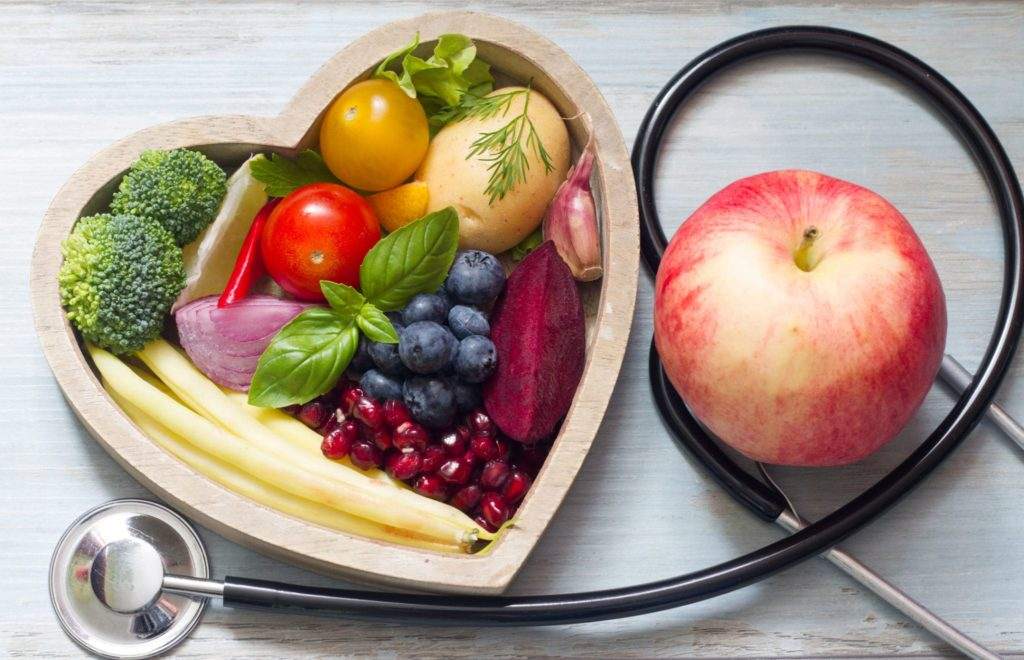Une alimentation équilibrée est essentielle pour tout le monde, mais les hommes ont des besoins nutritionnels uniques. Alors que les hommes et les femmes partagent 98,5 % de leur ADN, certains aliments jouent un rôle particulier dans la santé des hommes, favorisant la croissance musculaire, la santé de la prostate, la fonction cardiaque et même les performances sexuelles.
Voici un aperçu des meilleurs aliments pour les hommes et de leurs avantages :
1. Viande rouge maigre
- Why? High in protein and leucine, an amino acid that helps build and maintain muscle.
- Key Benefits:
- Supports muscle growth.
- Helps with weight management (protein burns more calories than carbs).
- Caution:
- Choose lean cuts (like sirloin or tenderloin).
- Avoid daily consumption—excess iron may harm some men.
2. Cerises
- Why? Rich in anthocyanins, which reduce inflammation.
- Key Benefits:
- Helps with muscle soreness.
- May reduce gout flare-ups by 50% (eat 10 cherries daily).
3. Chocolat noir (avec modération)
- Why? Contains flavonoids that improve circulation.
- Key Benefits:
- May lower blood pressure and bad cholesterol.
- Supports heart health.
- Caution: Stick to 1 ounce per day to avoid excess sugar.
4. Crustacés (huîtres, crabe, crevettes)
- Why? Packed with zinc.
- Key Benefits:
- Boosts testosterone and sperm production.
- Supports prostate health (low zinc increases prostate issues).
- Best Source: Oysters (3 oz = 445% daily zinc needs).
5. Avocats
- Why? High in healthy monounsaturated fats.
- Key Benefits:
- Raises good cholesterol (HDL) and lowers bad (LDL).
- Rich in antioxidants (eat the dark green part near the skin).
- Caution: High in calories—eat in moderation.
6. Poissons gras (saumon, sardines, flétan)
- Why? Loaded with omega-3 fatty acids.
- Key Benefits:
- Reduces heart disease risk (the #1 killer of men).
- Better than plant-based omega-3s (linked to prostate cancer risk).
- Avoid: High-mercury fish (tuna, marlin, swordfish).
7. Gingembre
- Why? Powerful anti-inflammatory effects.
- Key Benefits:
- Reduces muscle pain (similar to ibuprofen).
- Helps with nausea (ginger tea works well).
- For Best Results: Use concentrated ginger supplements.
8. Produits laitiers (yogourt, lait)
- Why? Contains leucine for muscle growth.
- Key Benefits:
- Supports bone health.
- Caution:
- Too much calcium (over 2,000 mg/day) may increase prostate cancer risk.
- Balance with vitamin D.
9. Bananes
- Why? High in potassium.
- Key Benefits:
- Prevents muscle cramps.
- Supports bone health and lowers blood pressure.
10. Pistaches
- Why? Rich in plant sterols and arginine.
- Key Benefits:
- Lowers cholesterol.
- Improves blood flow (may help with erectile dysfunction).
11. Noix du Brésil
- Why? Extremely high in selenium.
- Key Benefits:
- Strengthens the immune system.
- Supports male fertility.
- Just 6-8 nuts = 544 mcg selenium (daily need is 55 mcg).
12. Sauce tomate
- Why? Contains lycopene.
- Key Benefits:
- May lower prostate cancer risk.
- Supports heart health (reduces artery thickness).
13. Tofu et soja
- Why? High in protein and phytoestrogens.
- Key Benefits:
- May reduce prostate cancer risk.
- Does NOT lower testosterone or cause fertility issues (myth debunked).
14. Légumes colorés
- Why? Different colors = different phytochemicals.
- Best Choices:
- Orange (carrots, sweet potatoes): Reduces enlarged prostate risk.
- Leafy greens (spinach, kale): Protects eyesight (lutein & zeaxanthin).
15. Oeufs
- Why? High in protein and lutein.
- Key Benefits:
- Supports vision and skin health.
- One egg per day is heart-healthy (cholesterol impact is minimal).
16. Grains entiers (avoine, riz brun, riz sauvage)
- Why? High in fiber and nutrients.
- Key Benefits:
- Lowers diabetes risk (brown rice > white rice).
- Wild rice has more zinc and phosphorus (good for nerves & muscles).
17. Myrtilles
- Why? Rich in flavonoids.
- Key Benefits:
- May prevent erectile dysfunction (50% of men experience it).
- Anti-aging and artery health benefits.
18. Café
- Why? Packed with antioxidants.
- Key Benefits:
- Lowers risk of early death, diabetes, stroke, and gout.
- 2-4 cups per day is optimal.


